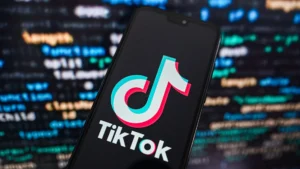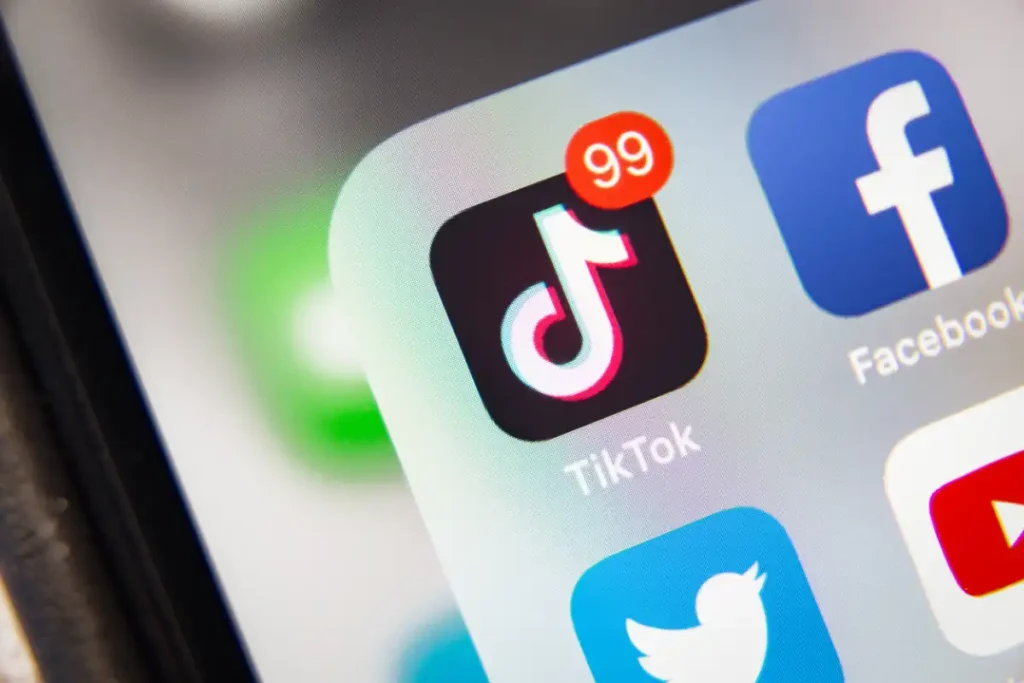TikTok Under Fire as U.S. and European Regulators Intensify Data Privacy Investigations
TikTok, the short-form video platform owned by Chinese tech giant ByteDance, is once again at the center of intense regulatory pressure from both the United States and European Union. Governments on both sides of the Atlantic have raised alarms over how the app collects, stores, and processes user data—particularly data belonging to minors and public officials.
In recent months, investigations have intensified, with lawmakers expressing fears that sensitive information could be accessed by Chinese authorities, potentially compromising national security and personal privacy.
United States Considers Ban, Demands Operational Transparency
In the U.S., federal officials and members of Congress have ramped up calls for a nationwide ban or forced divestiture of TikTok’s American operations. The Biden administration has continued a national security review that began under the Trump era, and several states have already prohibited the app on government-issued devices.
The Committee on Foreign Investment in the United States (CFIUS) is examining ByteDance’s ownership structure and the level of Chinese government influence. Lawmakers have also questioned whether TikTok’s U.S. data is truly isolated, despite the company’s claims that it stores domestic information on servers controlled by American cloud providers.

European Regulators Launch Investigations Over Child Safety and GDPR Compliance
Across the Atlantic, European regulators have launched their own set of inquiries. The Irish Data Protection Commission (DPC), which oversees TikTok’s EU operations, is investigating the app’s data protection policies—especially concerning how it handles children’s information.
The European Commission recently banned TikTok from staff devices over cybersecurity concerns, while several member states have echoed calls for stricter oversight. The platform is also under scrutiny for its compliance with the General Data Protection Regulation (GDPR), one of the strictest data privacy frameworks in the world.
TikTok Responds With New Initiatives, But Doubts Remain
In response to mounting criticism, TikTok has introduced several measures aimed at rebuilding trust. The company launched “Project Texas” in the U.S., which aims to store American user data within the country using Oracle infrastructure. Similarly, “Project Clover” in Europe focuses on localizing data storage and increasing transparency with EU regulators.
Despite these efforts, skepticism persists. Lawmakers argue that technical barriers alone cannot guarantee protection from foreign interference if ByteDance remains in control.
The Broader Debate: Social Media, Surveillance, and Sovereignty
TikTok’s situation has reignited a broader global debate around social media platforms and national digital sovereignty. At the heart of the issue lies the question: can platforms owned by foreign entities operate independently of their home governments?
As concerns about surveillance, disinformation, and algorithmic manipulation rise, countries are increasingly pushing for greater control over how platforms operate within their borders.
What Lies Ahead for TikTok?
While TikTok continues to grow in popularity—especially among Gen Z users—its future in key Western markets remains uncertain. If regulatory pressure continues to mount, the company could face unprecedented restrictions, including fines, forced sell-offs, or outright bans.
For now, the spotlight remains firmly fixed on how TikTok responds to privacy challenges and whether it can convince the world that its operations are truly secure, transparent, and independent.


